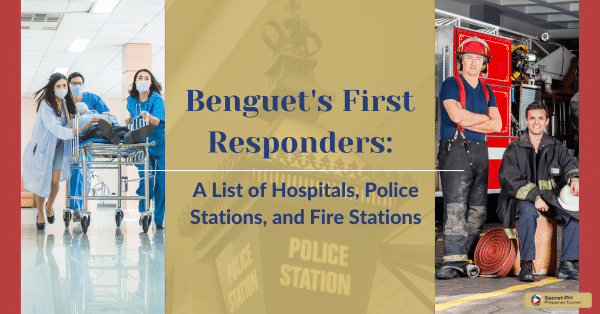The Philippine Coast Guard (PCG) is responsible for providing emergency response and search and rescue services to the people of the Philippines. PCG has a long-standing tradition of responding quickly and effectively in times of crisis, providing life-saving assistance when needed. PCG plays a critical role in ensuring public safety on both land and sea by engaging in rescue operations for those in distress and providing emergency response to disasters.
This article will discuss the role of the PCG in emergency response and search and rescue, key challenges faced by PCG personnel, training and preparedness of personnel, and partnerships and collaborations in this effort. It is our hope that this information will provide insight into how the Philippine Coast Guard is actively working to protect and serve its citizens.
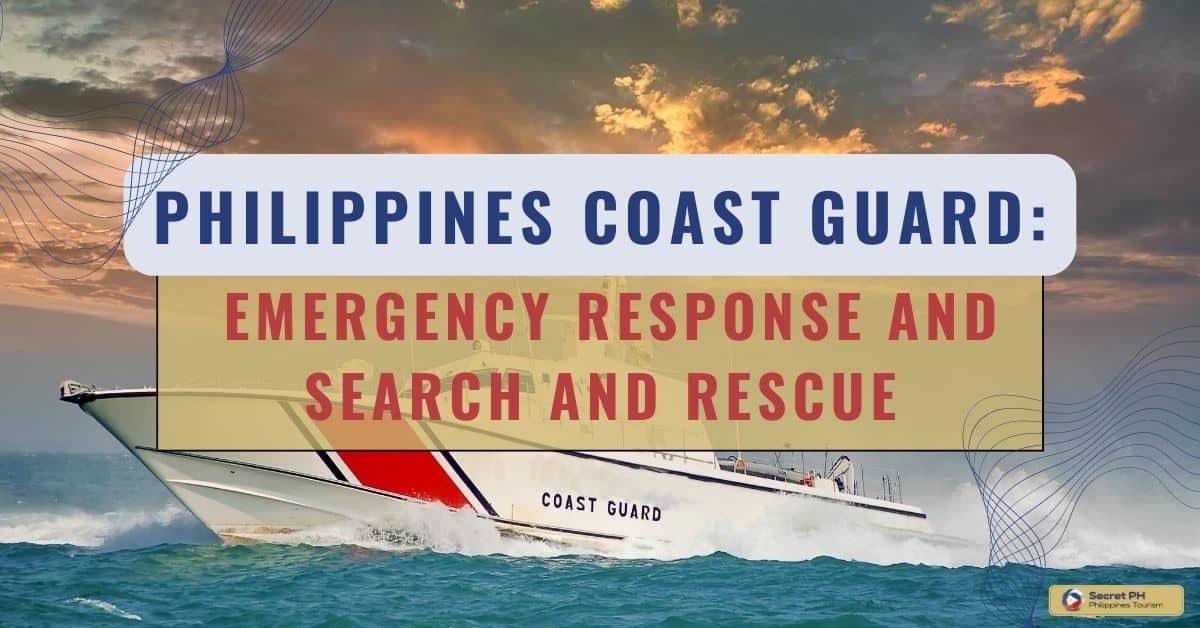
The Role of the Philippine Coast Guard in Emergency Response
The Philippine Coast Guard plays a critical role in emergency response across the country. They are responsible for providing assistance during natural disasters such as typhoons, floods, and earthquakes, as well as human-made disasters like oil spills and maritime accidents. The Coast Guard has a significant presence in the archipelago, making them the primary agency to respond to maritime incidents, search and rescue missions, and emergency medical services.
The Coast Guard deploys their assets, including their vessels, aircraft, and personnel, to conduct rescue and relief operations in affected areas. They work in coordination with other government agencies and non-government organizations to ensure that aid is delivered promptly and efficiently. Moreover, the Coast Guard provides communication services, distributes relief goods, and conducts damage assessments to facilitate the government’s response efforts.
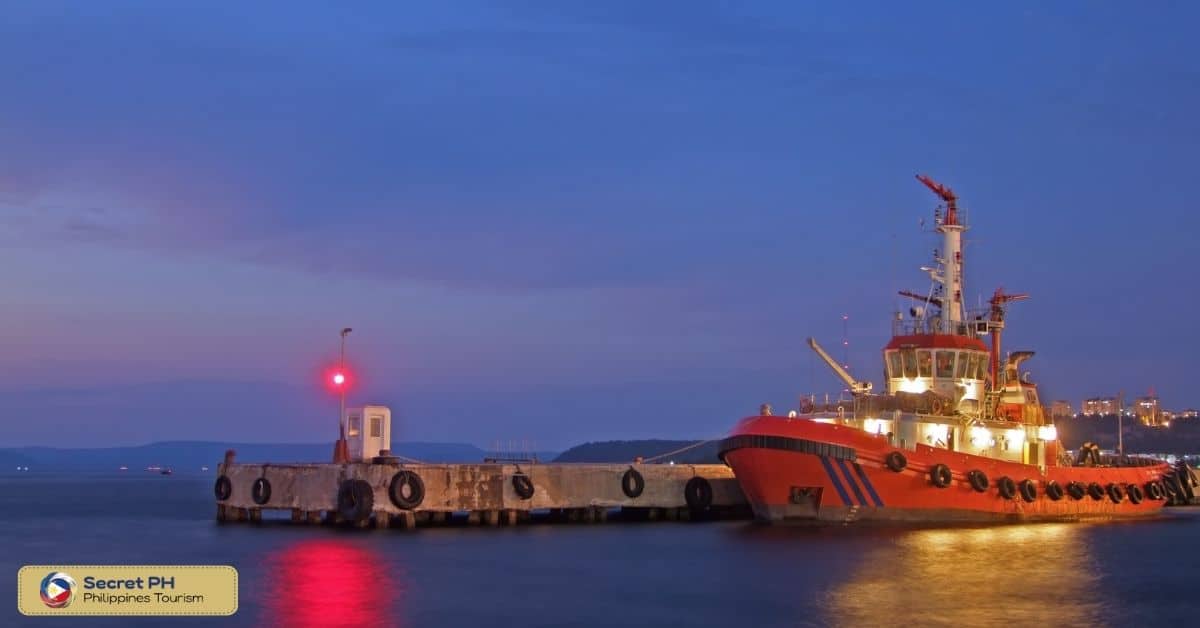
Philippines Coast Guard Emergency Hotlines
The Philippine Coast Guard is one of the primary agencies in the country responsible for emergency response and maritime safety. They have established various hotlines to provide immediate assistance to individuals in need of their services. These hotlines serve as a vital communication channel for people who require the Coast Guard’s assistance during emergencies.
Here are the Philippine Coast Guard emergency hotlines that you should keep on hand:
Hotlines: (02) 8527-8481 to 89 / (02) 8527-3880 to 85
Telefax: (02) 8527-8482 local 6291
Text hotline: +63917-724-3682 / +63918-967-4697
Email:[email protected]
For more information, click here.
National Emergency Hotline
Aside from the PCG hotline, you can also dial 911 as a national emergency hotline. This is a go-to hotline for various emergencies, so if you are not able to get through to the Coast Guard emergency hotline, you can try contacting 911.
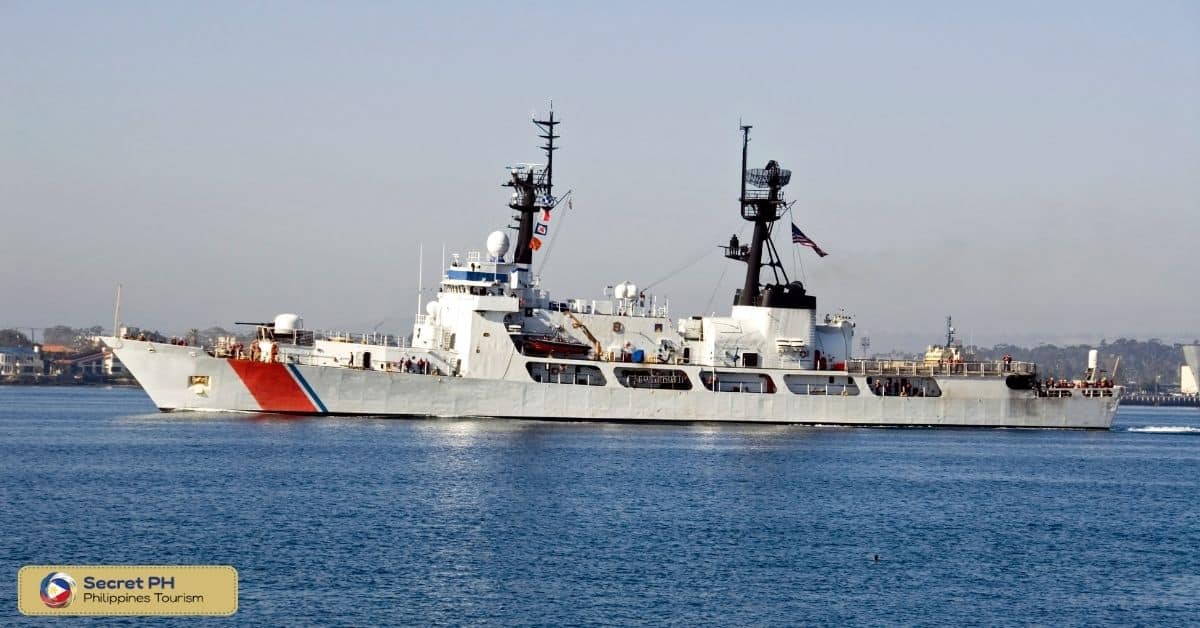
Search and Rescue Operations Conducted by the Philippine Coast Guard
The Philippine Coast Guard (PCG) is tasked with ensuring the safety and security of the country’s vast coastlines and waterways. One of the most critical missions of the PCG is conducting search and rescue (SAR) operations, which are vital in saving the lives of people in distress at sea.
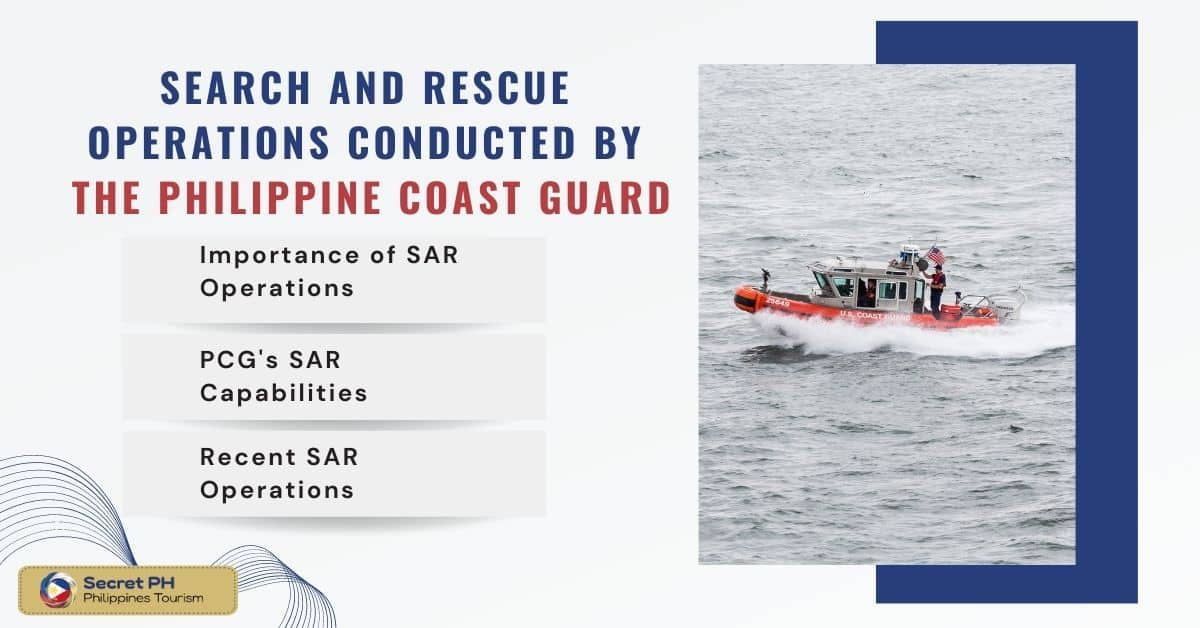
Importance of SAR Operations
Being an archipelagic nation, the Philippines is vulnerable to various maritime incidents that can jeopardize the lives of seafarers and passengers. These include shipwrecks, capsizing, piracy, and natural disasters like typhoons and earthquakes. SAR operations are critical in mitigating the impact of these incidents by rescuing those in peril and providing immediate medical attention.
PCG’s SAR Capabilities
The PCG has modernized its SAR capabilities by acquiring high-speed rescue boats, helicopters, and other equipment. It has also established rescue sub-stations and deployed trained personnel in strategic locations nationwide. The PCG has a network of dedicated SAR teams that are capable of responding 24/7 to distress calls.
Recent SAR Operations
Over the years, the PCG has conducted numerous SAR operations, saving countless lives. In 2020 alone, the PCG conducted over 2,000 SAR operations, rescuing over 4,000 individuals. One notable SAR operation was the rescue of 62 passengers and crew of a ferry that caught fire off the coast of Batangas in December 2020. The PCG’s rapid response prevented any casualties, with all passengers and crew safely evacuated.
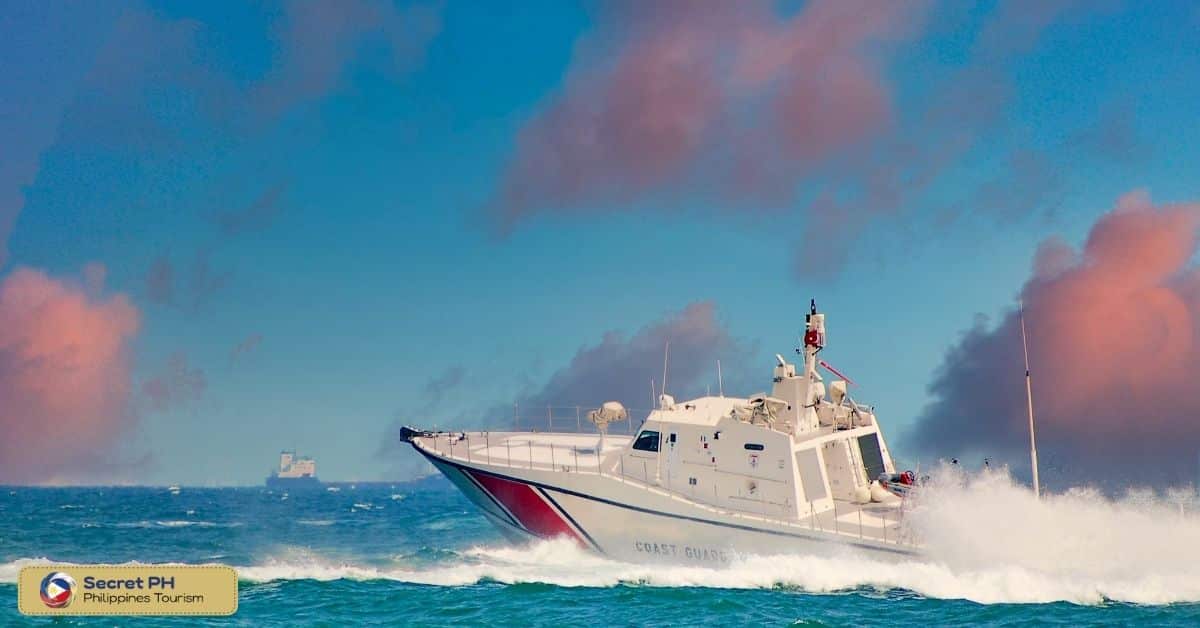
Key Challenges in Emergency Response and Search and Rescue Operations
Emergency response and search and rescue (SAR) operations are a vital component of the Philippine Coast Guard’s mission to protect and serve its citizens. However, PCG personnel face many challenges in carrying out these duties. Here, will discuss the key challenges faced by PCG personnel in emergency response and SAR operations.
1. Lack of Resources and Equipment– One of the major challenges faced by PCG personnel is the lack of resources and equipment. The Philippine Coast Guard has limited funding and technology, which limits its ability to respond quickly and effectively to emergencies. There are also not enough vessels, aircraft, and qualified personnel available to perform SAR operations in a timely manner.
2. Limited Personnel and Training– Another challenge faced by PCG personnel is the limited number of trained personnel available for SAR operations. The Philippine Coast Guard has a limited pool of qualified personnel, which can make it difficult to deploy teams in remote areas or respond quickly during an emergency situation.
3. Geographic Challenges– The geographic challenges posed by the Philippines’ archipelagic layout can also be a source of difficulty for PCG personnel. The vastness of the country and its numerous islands present a unique set of challenges in terms of communication, coordination, and transportation
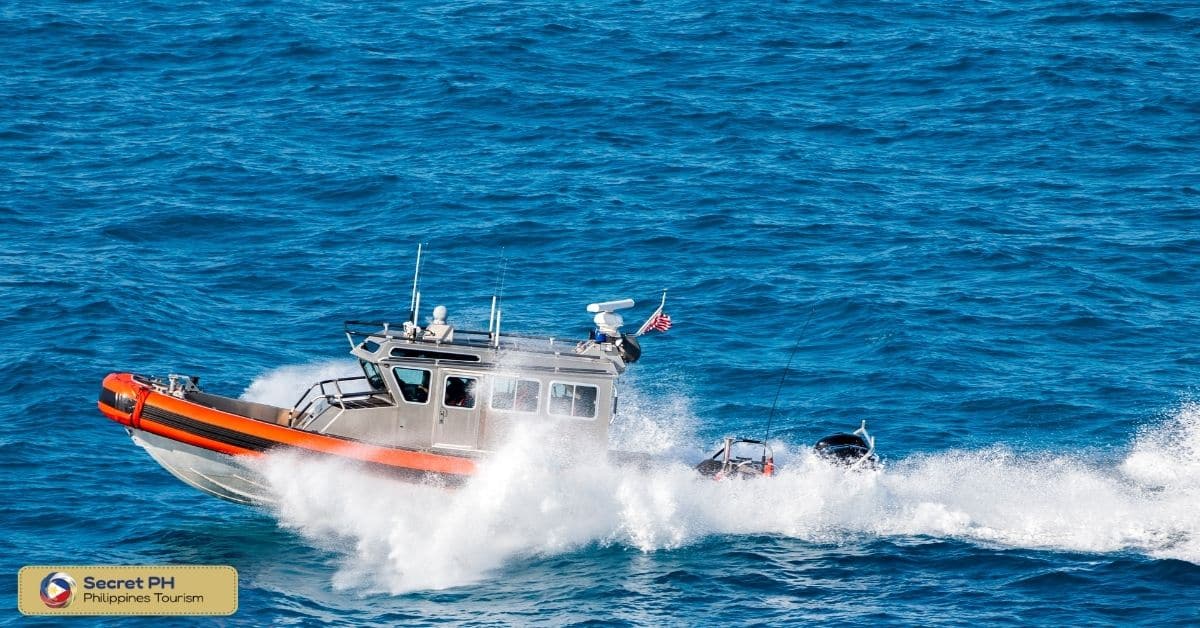
Training and Preparedness of the Philippine Coast Guard Personnel
The Philippine Coast Guard is responsible for ensuring maritime safety, security, and environmental protection in the country’s waters. To fulfill its mandate, the Coast Guard’s personnel undergo rigorous training and preparation programs. In this article, we will explore how the Philippine Coast Guard trains and prepares its personnel for their challenging work.
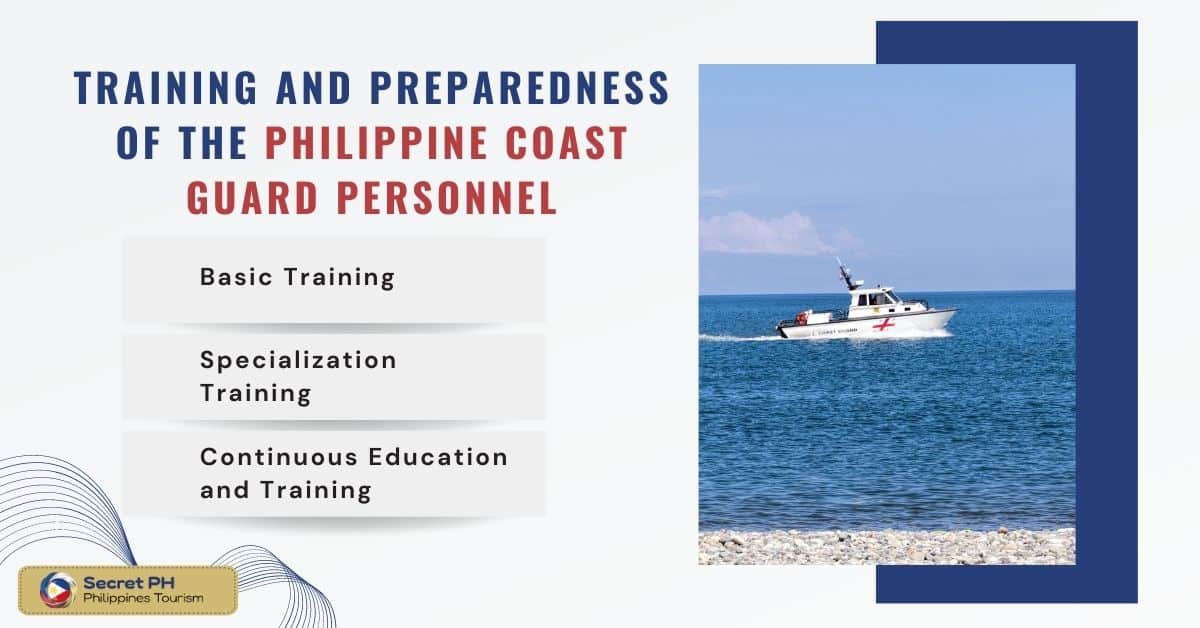
Basic Training
Every Coast Guard personnel, whether an officer or enlisted personnel, undergoes a three-month Basic Military Training. The program covers topics such as discipline, physical fitness, and basic naval knowledge. They are also trained in shipboard operations, communication, and personal and organizational hygiene.
Specialization Training
After the Basic Military Training, Coast Guard personnel undergo specialized training depending on their respective fields. The Coast Guard offers a wide range of specialization courses such as Marine Environmental Protection, Maritime Law Enforcement, Search and Rescue, and Navigation.
Continuous Education and Training
To ensure the consistency of knowledge and skills of its personnel, the Coast Guard implements continuous education and training programs. This program includes mandatory attendance of seminars, workshops, and courses that cover updated and relevant maritime-related topics.
Joint and International Exercises
The Philippine Coast Guard also conducts joint and international exercises with other maritime organizations and foreign counterparts. These exercises provide opportunities for Coast Guard personnel to learn new techniques, improve their skills, and establish partnerships with other organizations.
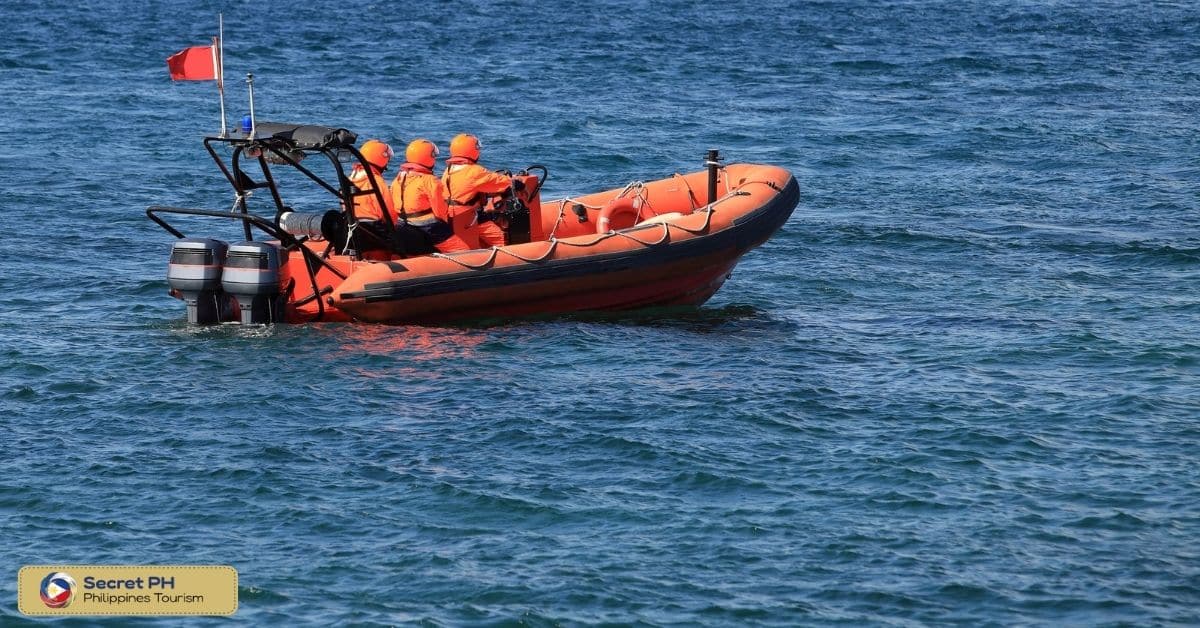
Partnerships and Collaborations in Emergency Response and Search and Rescue
Partnerships and collaborations play a crucial role in emergency response and search and rescue operations, particularly in the Philippines, where natural disasters and emergencies are common. The Philippine Coast Guard works closely with other agencies, organizations, and stakeholders to improve their capabilities and effectiveness in providing assistance during emergencies.
Partnerships and collaborations can take many forms, from joint exercises and training to sharing information and resources. Successful partnerships and collaborations require careful planning, effective communication, and mutual understanding among all parties involved.
By working together seamlessly, the Philippine Coast Guard, government agencies, non-governmental organizations, private sector partners, and international organizations can maximize their resources and expertise and provide prompt and effective assistance during emergencies.
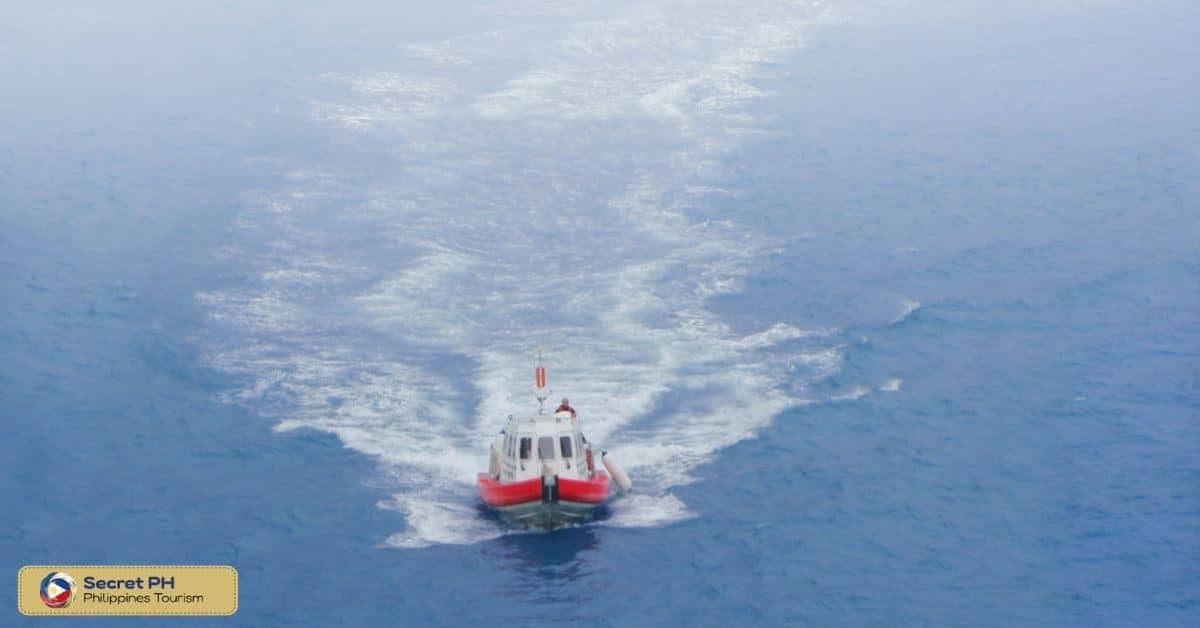
In conclusion
The Philippine Coast Guard plays a vital role in emergency response and search and rescue operations in the Philippines. They are responsible for providing assistance during natural disasters and human-made incidents, coordinating with other agencies, and distributing relief goods as needed. To ensure that their personnel is capable of providing timely and effective aid, the PCG conducts rigorous training and continuous education and training programs.
Additionally, they have established numerous collaborations with other maritime organizations and foreign counterparts to further their capability in responding to emergencies. The PCG’s efforts ensure that the people of the Philippines are protected from harm during times of crisis.



